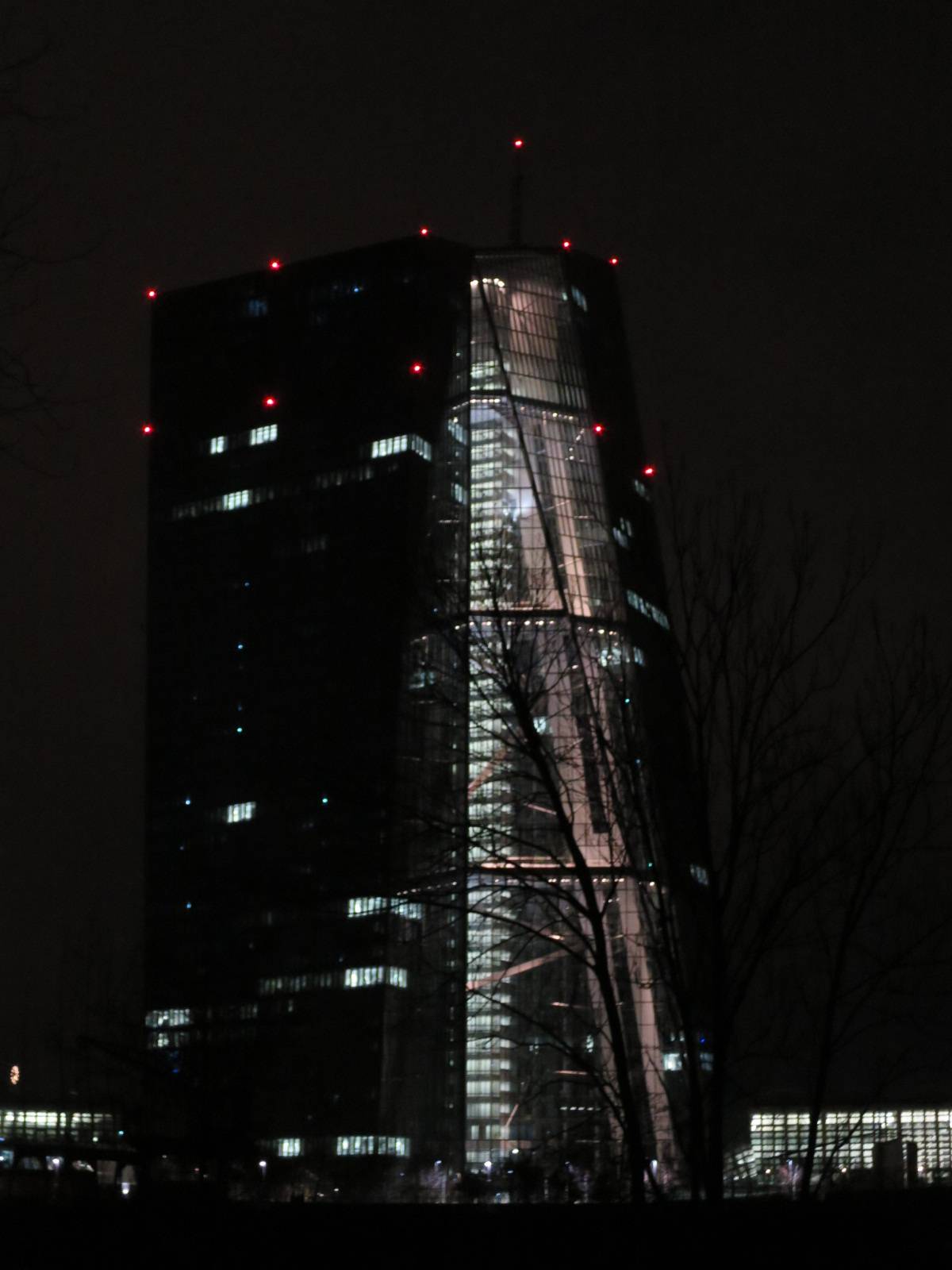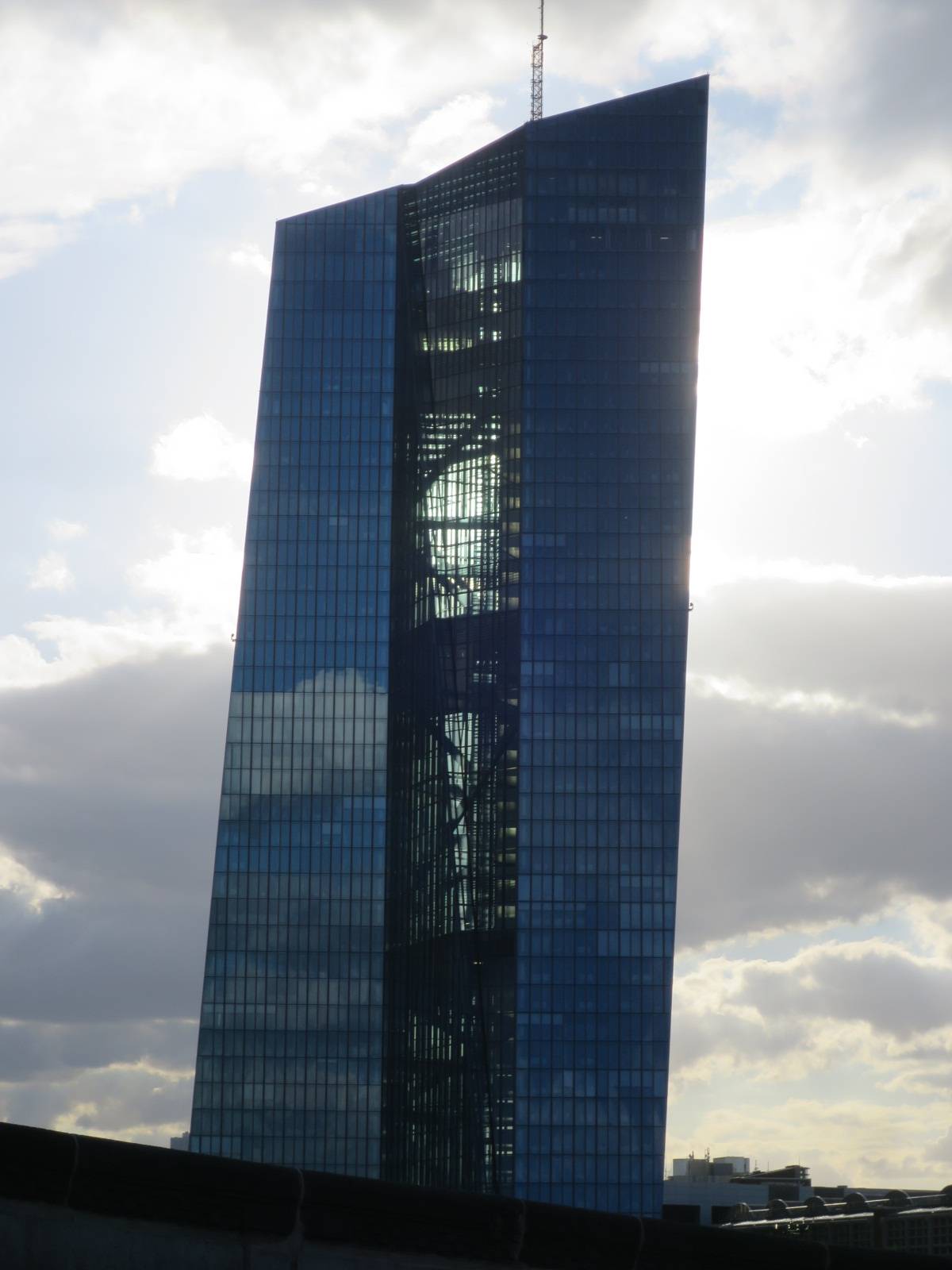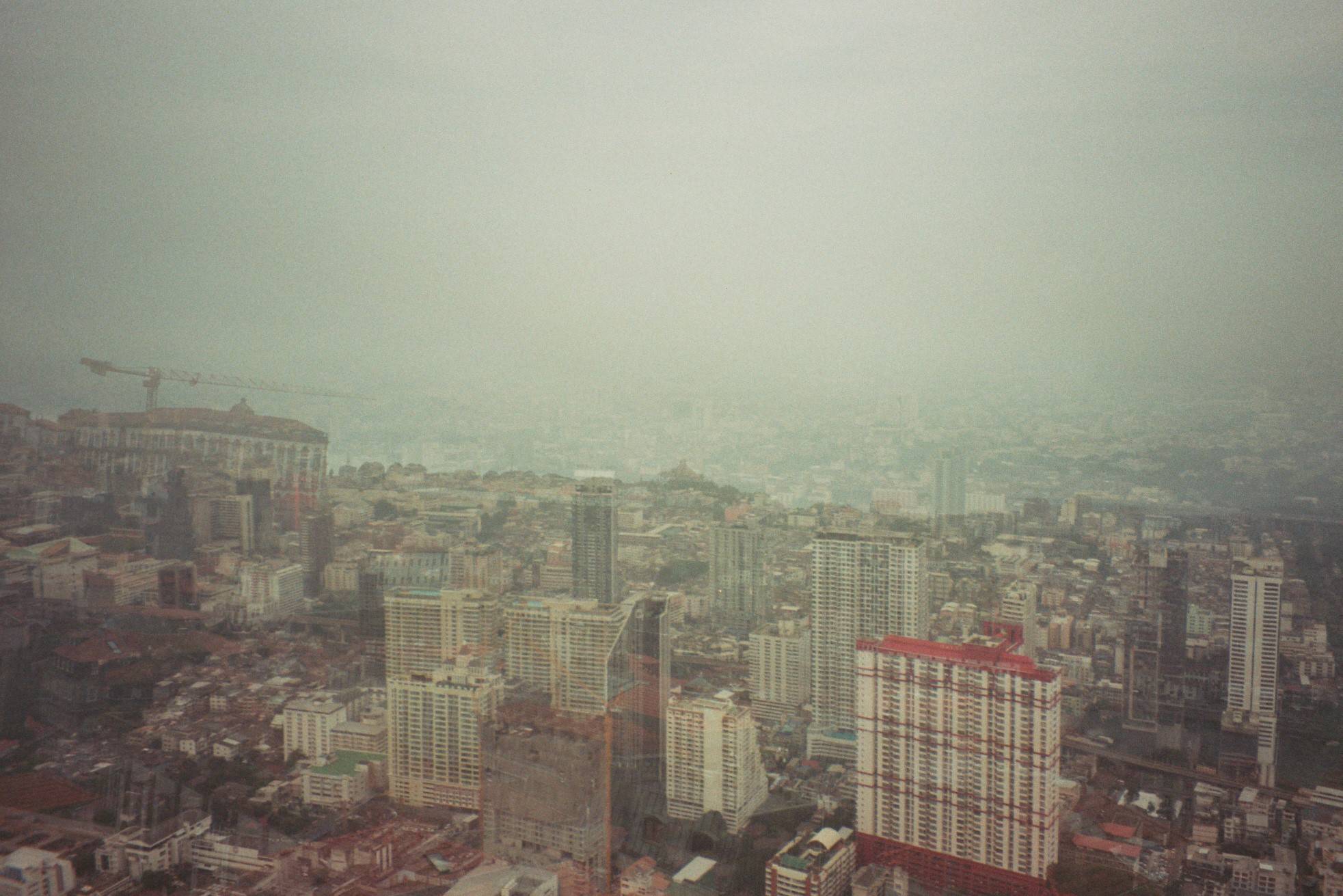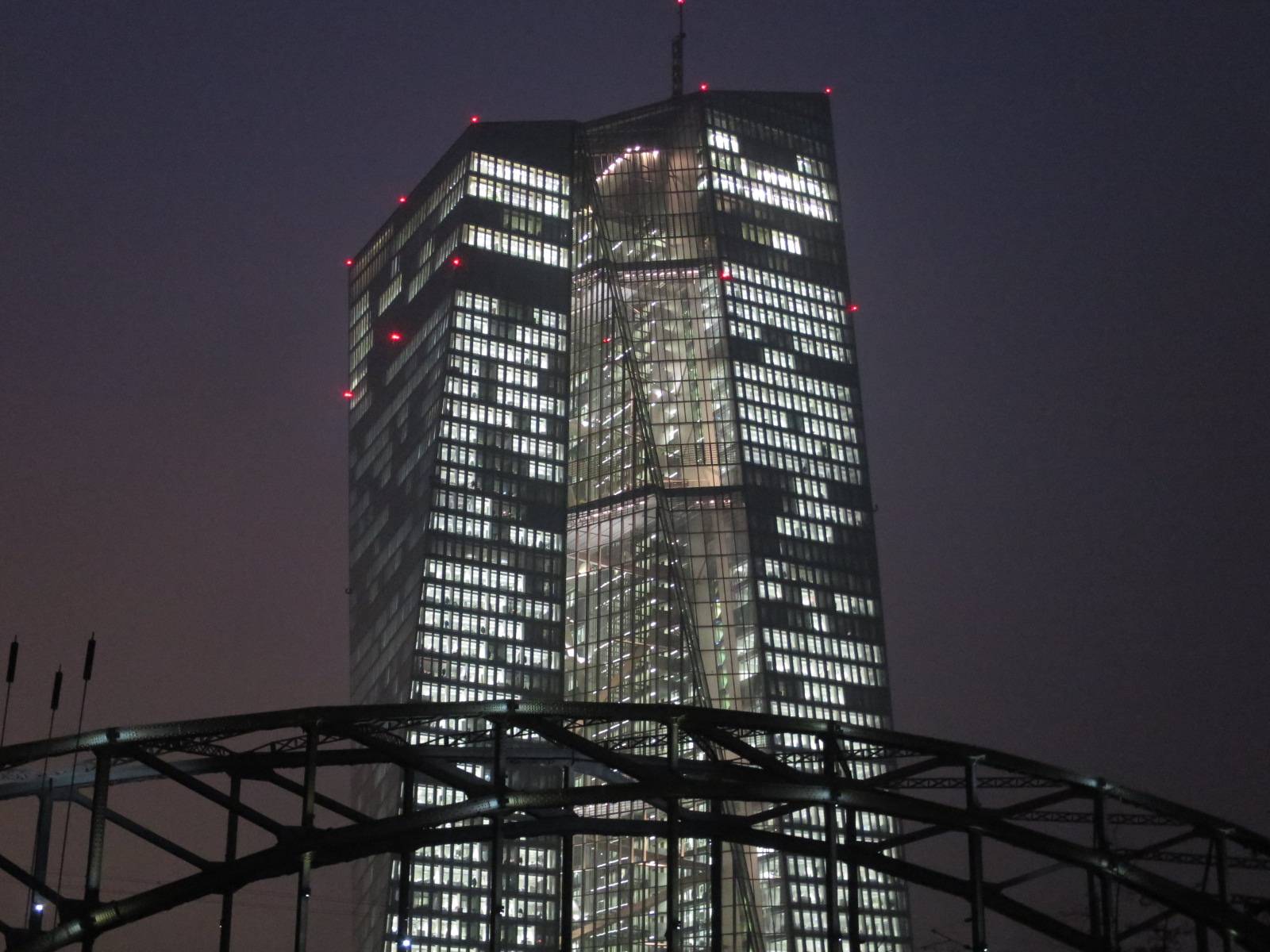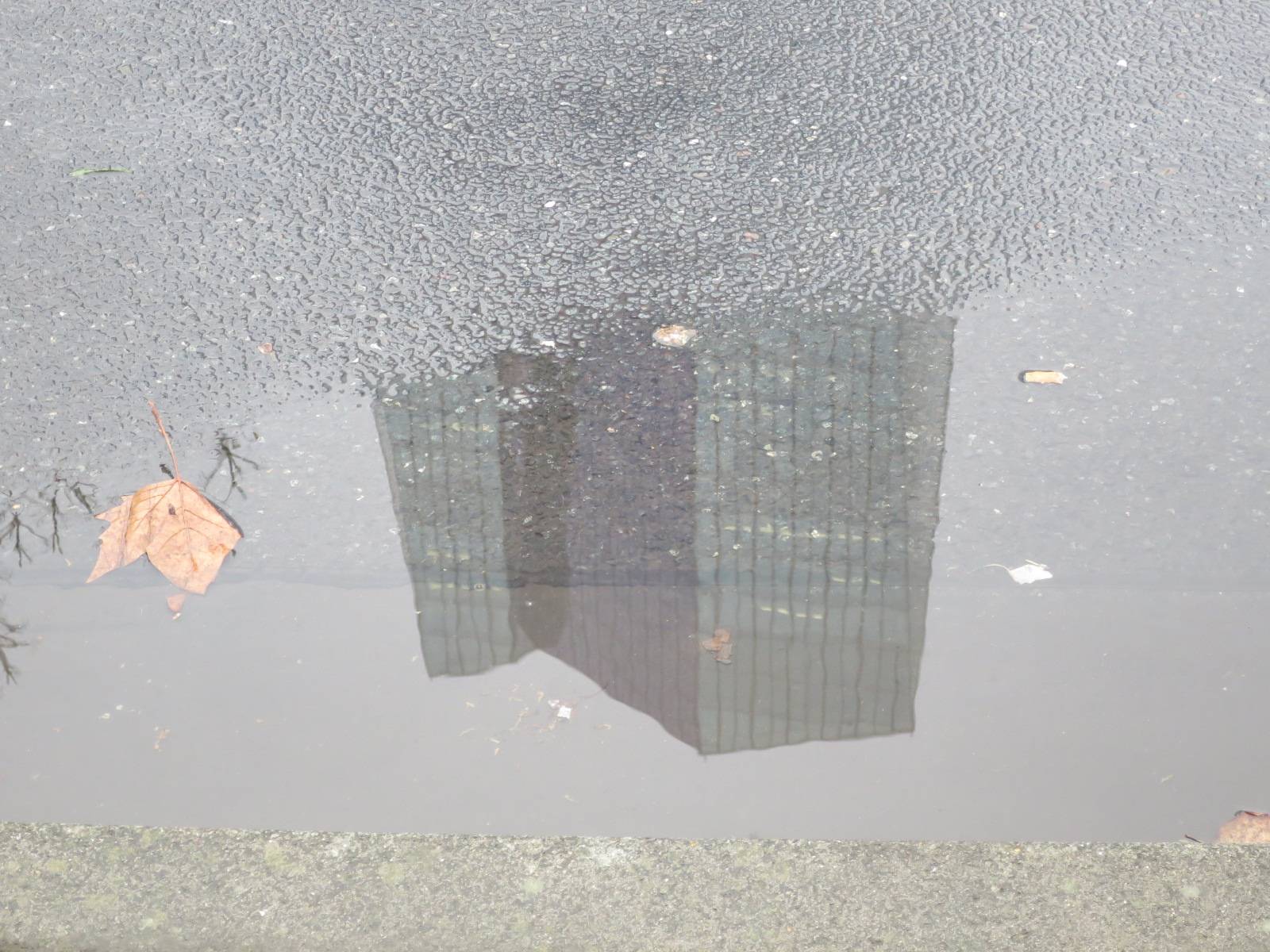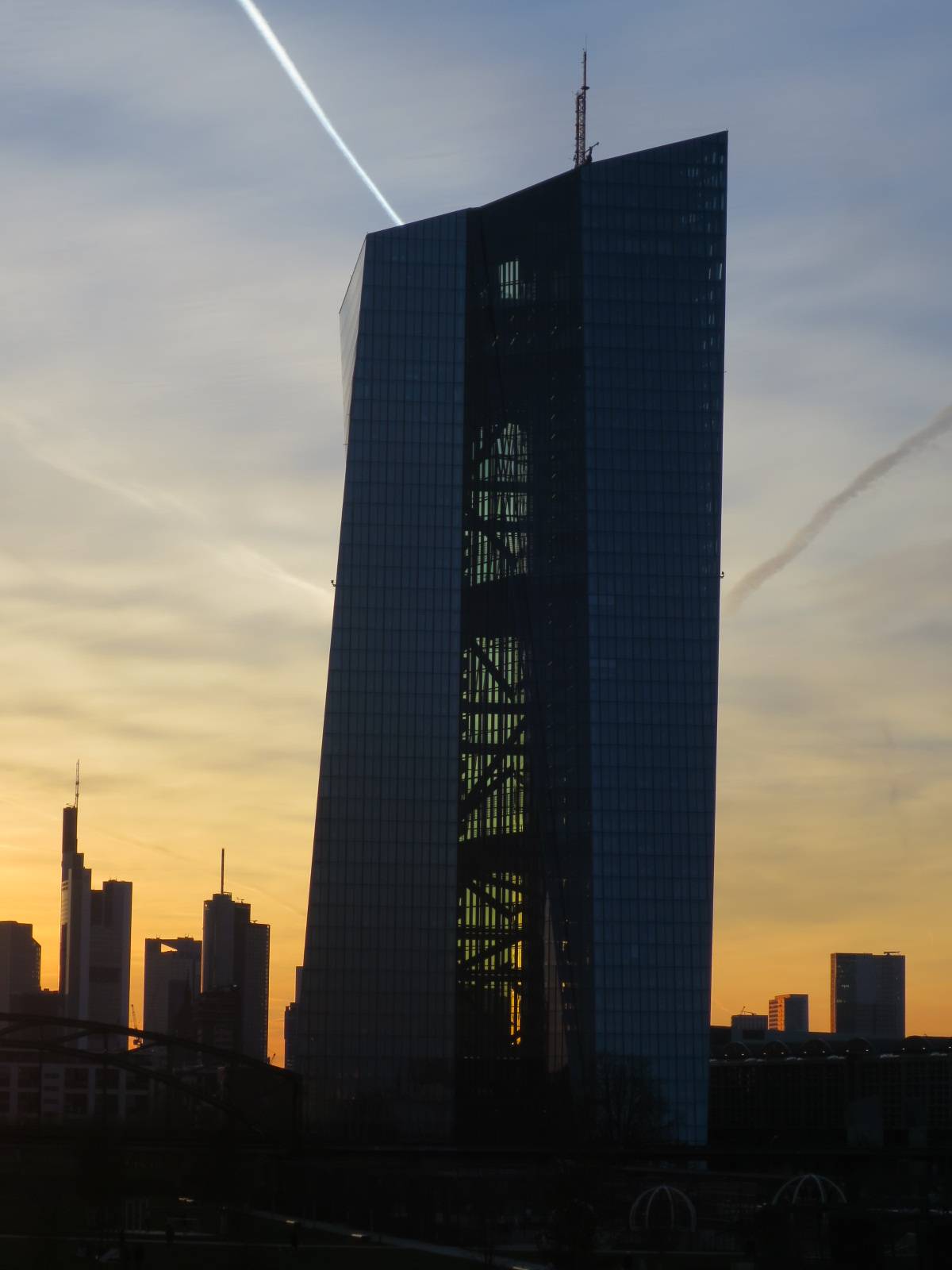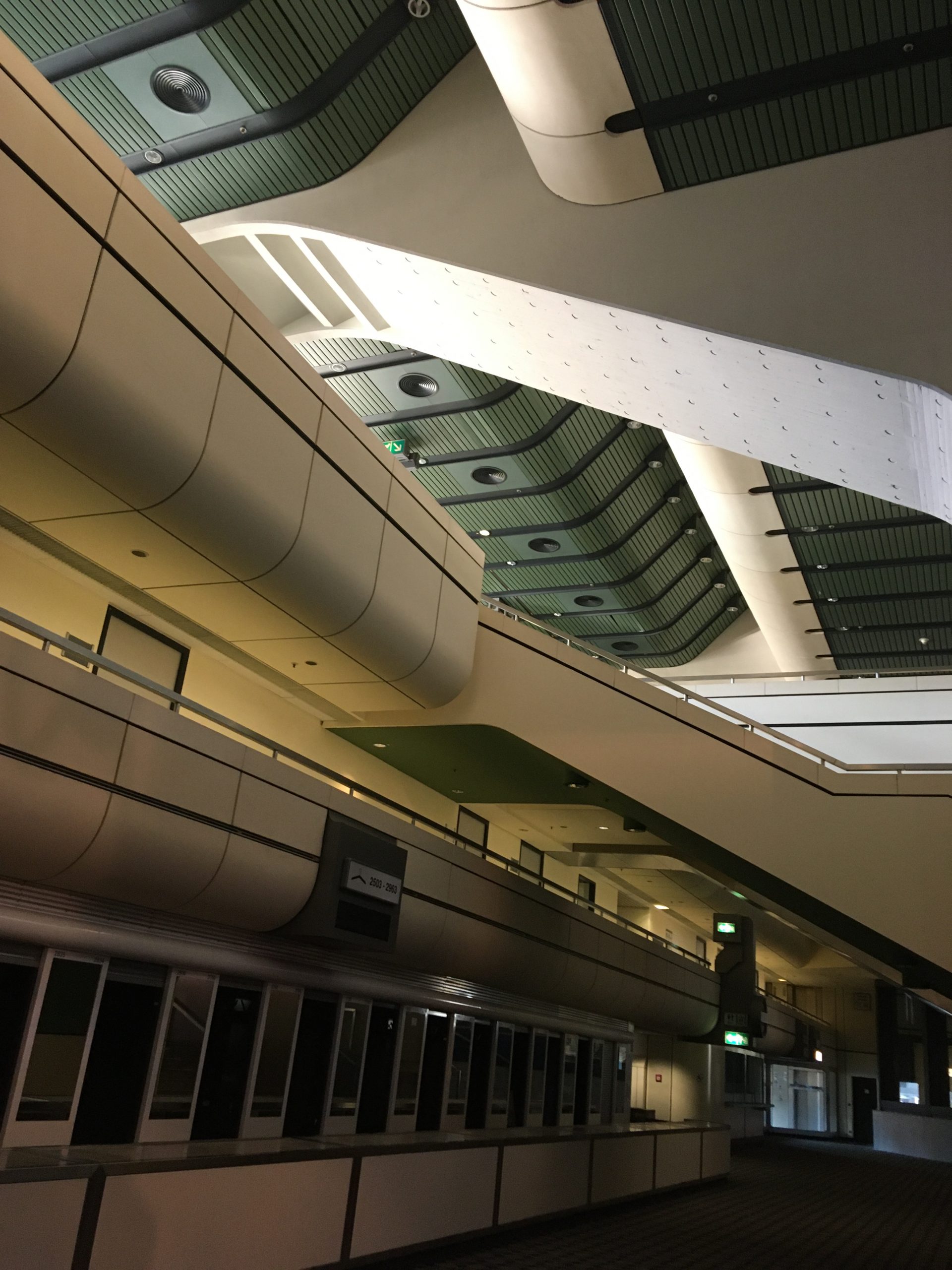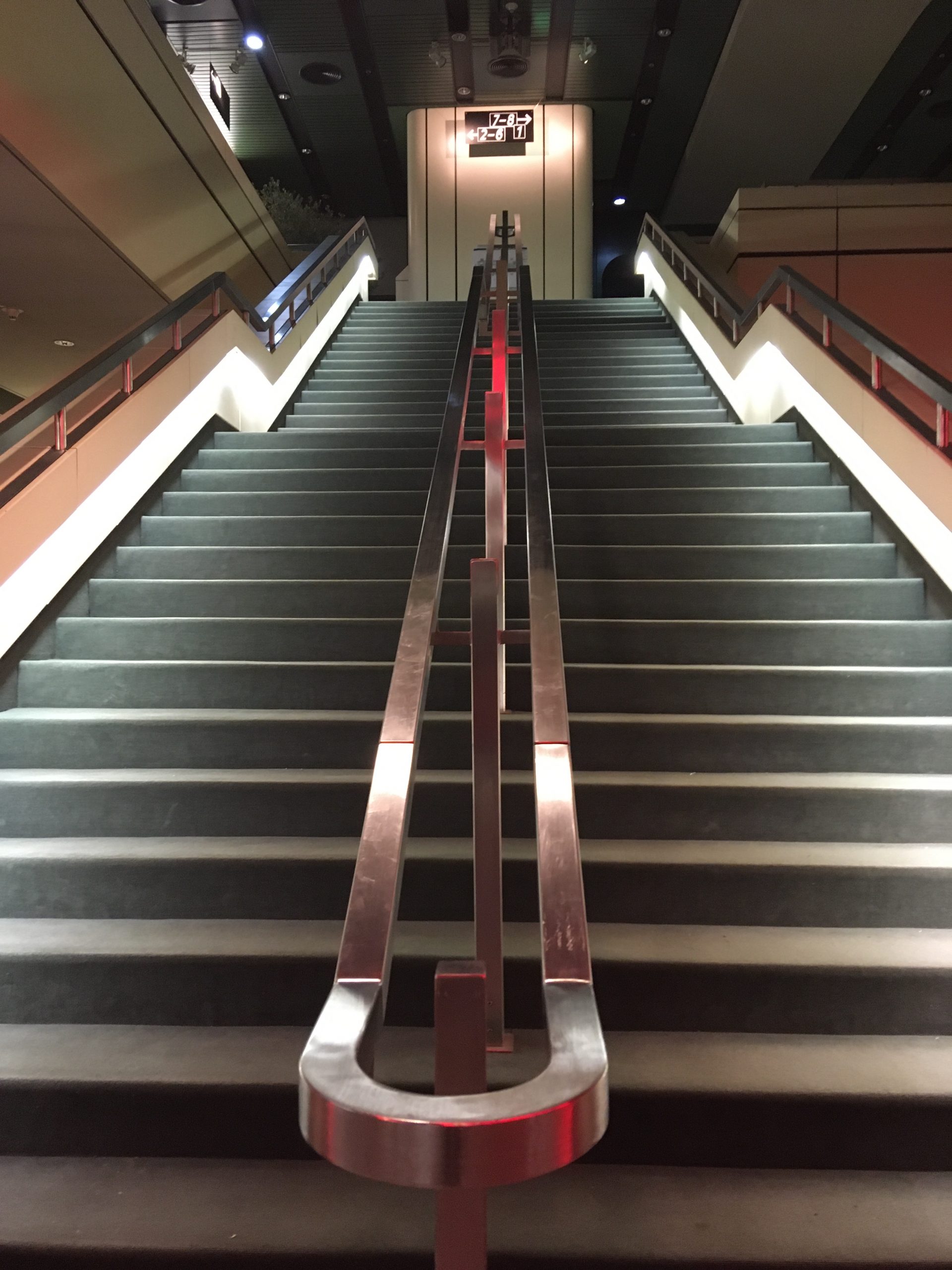China versus USA in Zeiten der (De) Globalisierung
Die Beziehungen zwischen den USA und China haben sich im Jahr 2023 auf den tiefsten Punkt seit ihrer Annäherung in den 1970er Jahren verschlechtert. Man spricht inzwischen von einem Zweiten Kalten Krieg. Sowohl die USA als auch China haben in […]
China versus USA in Zeiten der (De) Globalisierung

